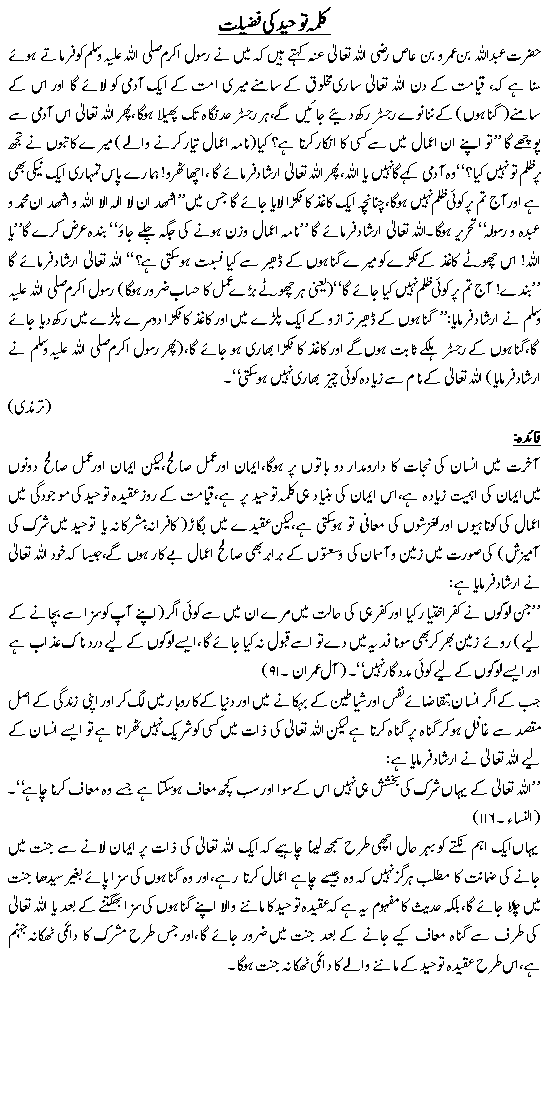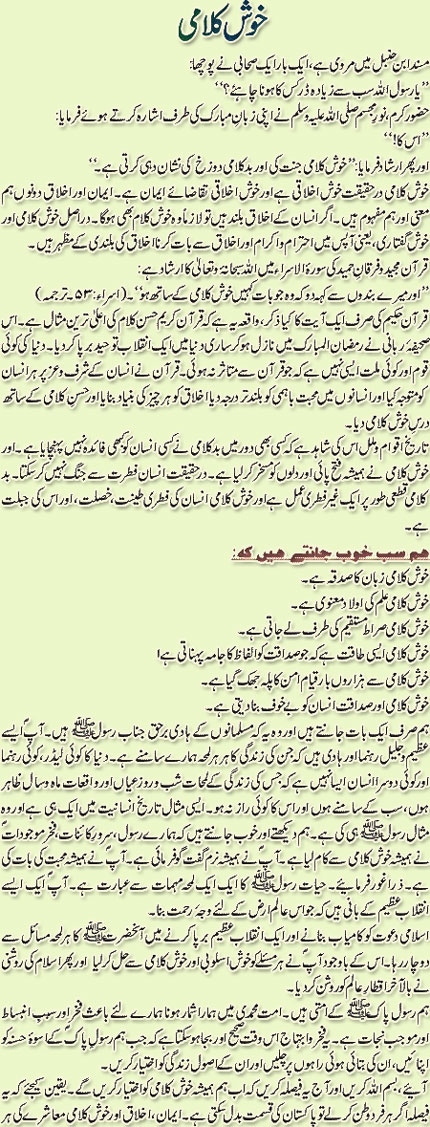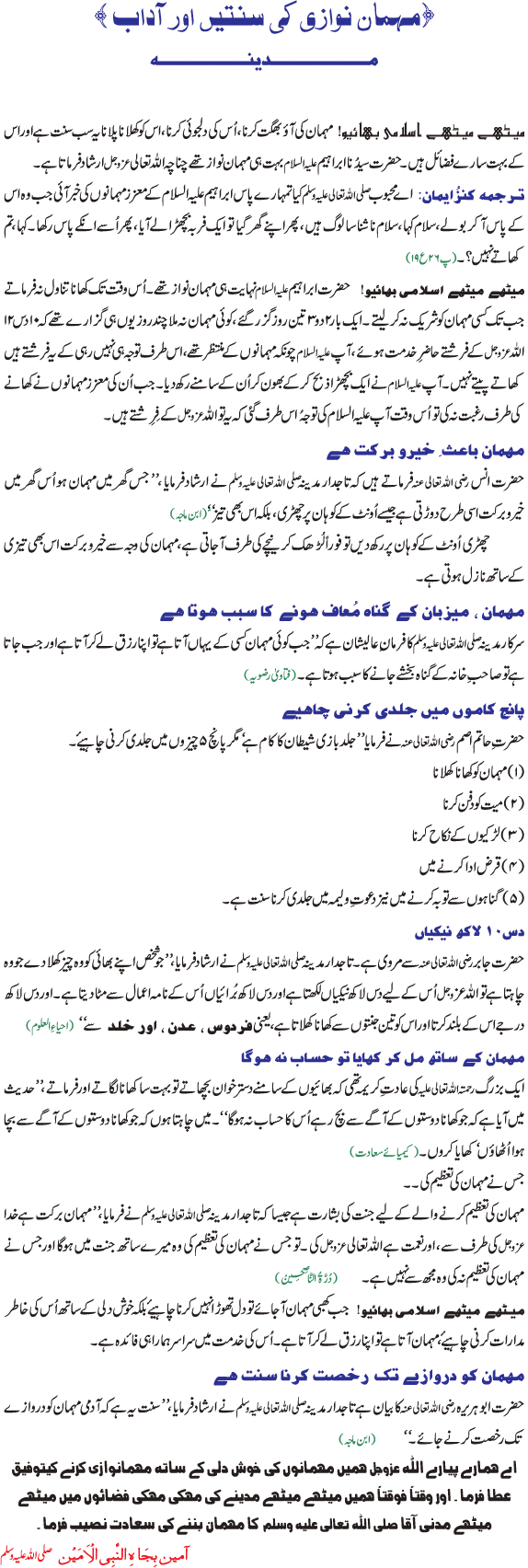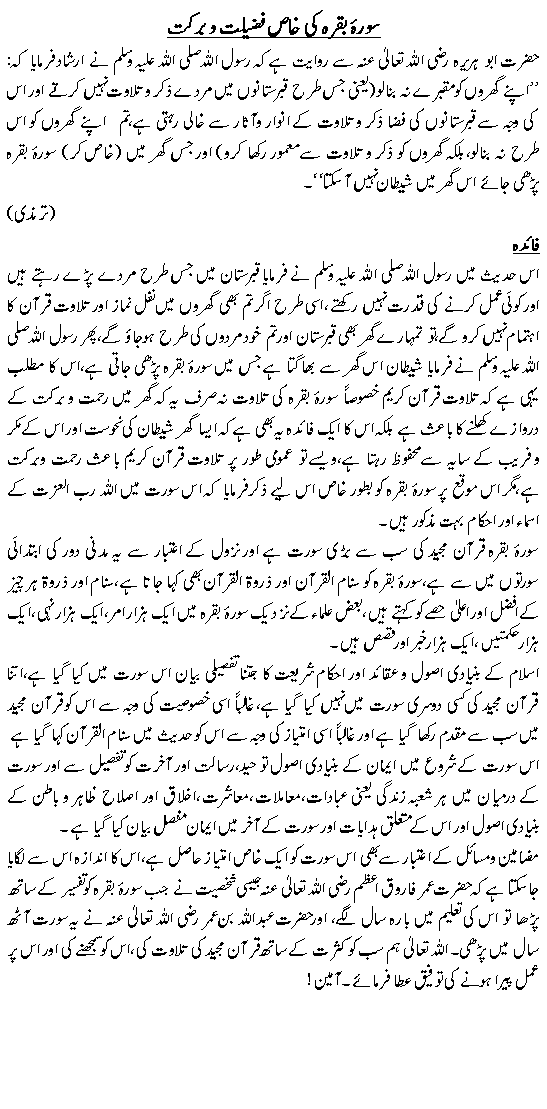Marriage is for enjoyment and building a righteous family and a sound society. One should, therefore, marry a woman through whom these two goals can be fulfilled; a woman adorned with both physical (outer beauty) and abstract (inner) beauty.
The outer beauty is the perfection of physical characteristics because a woman who is beautiful and has a soft voice will give tranquility to the eyes that look at her and the ears that listen to her speech and the heart becomes receptive to her.
Allah said: “And among His Signs is that He created for you wives from among yourselves, that you may find repose in them, and He has put between you affection and mercy.” (Qur’an, 30:21)
As for inner beauty, it is completeness in religion and manners. The more a woman is religious and perfect in her manners, the more beloved she will be and hence is a more suitable choice.
A religious woman will fulfill the commands of Allah, and protect the rights of her husband, children, and money. She will support him in obedience to Allah. If the husband forgets, she reminds him. If he slackens, she invigorates him, and if he gets angry she pleases him. The well-mannered woman endears herself to her husband and respects him; she does not delay anything that he likes to be done quickly, and she does not hasten anything he likes to be delayed.
The Prophet (peace be upon him) was asked: “Which of the women are best?” He replied, “If he (husband) looks at her, she pleases him, and she obeys him when he commands, and she does not deny him regarding herself, or his wealth in what he hates.” (Ahmad, An-Nasa’i)
If it is possible to find a woman who has inner and outer beauty, then this is perfection and bliss granted by Allah.







